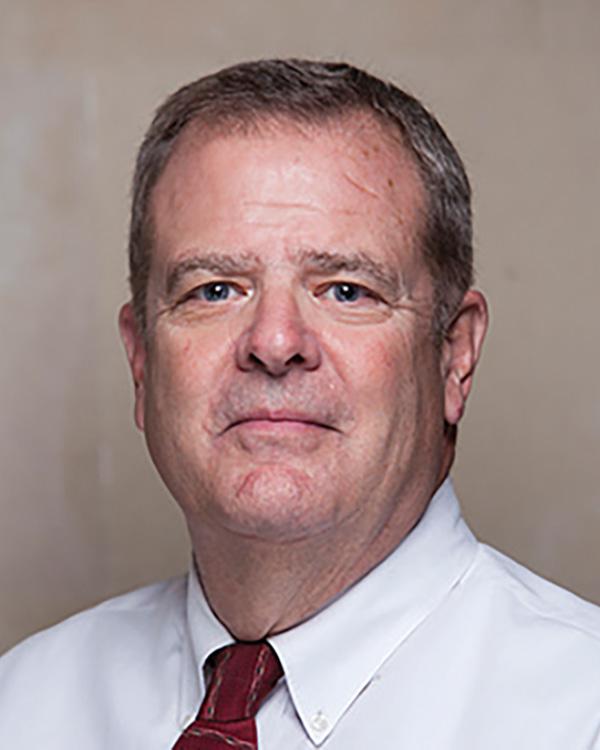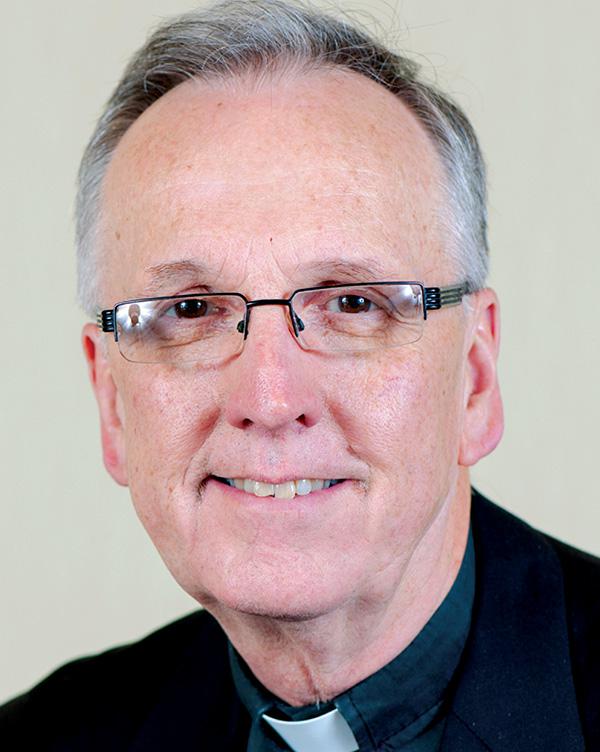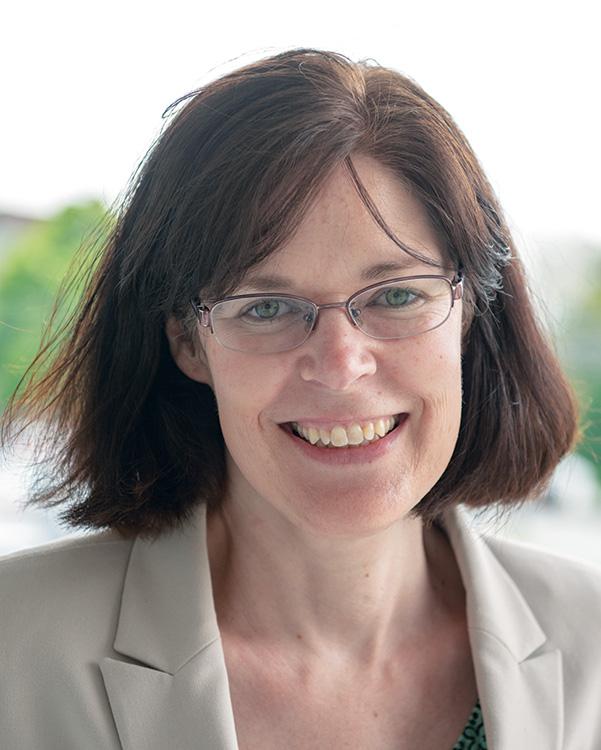|
Review board provides guidance in handling abuse allegations
By Mike Latona
For more than a quarter-century, an advisory group in the Diocese of Rochester has played a crucial role in addressing cases of alleged child sexual abuse by clergy. The Diocesan Review Board, a confidential consultative panel, provides guidance and advice to Bishop Salvatore R. Matano in assessing sexual-abuse allegations and determining whether accused people are suitable to continue in ministry. The board also assists in updating diocesan polices related to handling and preventing sexual abuse. The board was established by Bishop Emeritus Matthew H. Clark in 1993, nine years before the U.S. Conference of Catholic Bishops’ Charter for the Protection of Children and Young People made such boards mandatory for all dioceses and eparchies nationwide. In keeping with provisions of the bishops’ 2002 charter, the current review board primarily comprises laypeople who are not employed by the diocese. These volunteer members have experience and expertise in such areas as law enforcement, child-protective services and the practices of law, psychiatry and psychology. Two priests also sit on the board. Members of the current Diocesan Review Board are Douglas Nordquist, retired Town of Ogden police chief; James VanBrederode, current Town of Gates police chief; John McIntyre, psychiatry professor at the University of Rochester Medical Center; Robert Napier, a criminal defense lawyer; Teresa Pare, an attorney specializing in family law; Margaret Joynt, a retired child-advocacy lawyer; Jeff Munson, a clinical social worker who works with men who were sexually abused as youths; Father Daniel Condon, diocesan chancellor; and Father Kevin McKenna, rector of Sacred Heart Cathedral and diocesan chancellor from 1991-2001. Assisting the board are attorney Philip Spellane along with Deborah Housel, diocesan victim assistance coordinator. When the diocese receives a complaint of child sexual abuse by clergy or other church personnel, diocesan officials first notify civil authorities, regardless of whether the alleged abuse occurred recently or many years ago. The diocese then launches an investigation of its own, with the review board examining information collected by McCabe Associates, a private investigation firm based in Gates. Whereas most allegations received over the years have concerned priests, complaints also can be brought against deacons and such laypeople as diocesan/parish staff members, teachers and program volunteers. In addition to examining the findings from McCabe, the board weighs such factors as past histories of the accuser and the accused, statements by both parties, witness statements and whether additional witnesses exist. After discussing a case as a group, the review board makes recommendations to Bishop Matano. “Any opinion (Bishop Matano) has, he keeps it to himself until he hears from everybody,” said Nordquist, who has served on the Diocesan Review Board since 2006. “I would say (Bishop Matano) is very dependent on getting good counsel from the board,” agreed Father McKenna, a five-year member. Based on the evidence and the board’s recommendation, Bishop Matano then assesses the credibility of an accusation. If he deems that the complaint is credible, the accused is not allowed to return to any ministry if he or she had been ministering at the time the allegation was made; most recent claims have been against people who already have been removed from ministry and/or are deceased. Nordquist, Father McKenna and Pare acknowledged that it’s often difficult to determine the credibility of a complaint, especially regarding an incident that is alleged to have taken place many years ago. By contrast, Pare noted that when she deals with child sexual abuse in her family law practice, “the players are still very much around and the pieces are easier to dig up.” “All we can do is our very best,” Pare observed of the review board’s efforts. “We put in a lot of resources, a lot of time and attention.” Nordquist agreed that the board strives to approach each allegation thoroughly and fairly. “It may turn out not to be credible, but it has to be investigated. God forbid that (sexual abuse) did happen,” he said. “Our bishop is so mindful and protective of the parish members, he errs on the side of caution whenever he can,” added Pare, a five-year member of the panel. Yet Father McKenna pointed out that the review board does not automatically presume guilt on the part of the accused. Child sexual abuse “is a serious allegation, and many times a priest or deacon’s future in ministry is dependent on this investigation,” said Father McKenna, a longtime canon lawyer and noted author on church law. “The bishop obviously can’t have somebody (in ministry) who’s a risk to parishioners, but at the same time you have to be very careful (to weigh both sides of the story).” Nordquist, a member of Rochester’s Peace of Christ Parish, cited the review board’s collective integrity in making such determinations, noting that each member is not only well-qualified professionally but also an active Catholic striving for the good of the faith. Pare, meanwhile, said she hopes the board’s work helps the Catholic Church move toward healing from the sexual-abuse crisis. “It really breaks my heart to see people turn away, to lose their trust in the church,” said Pare, who belongs to St. Benedict Parish in Canandaigua and Bloomfield. “We’re trying to show that we’re working to see that these things never happen again.”
|
.
Any original material on these pages is copyright © BishopAccountability.org 2004. Reproduce freely with attribution.


